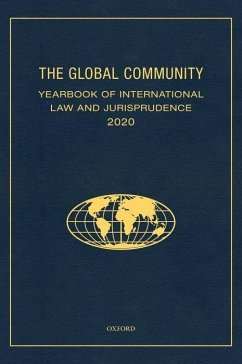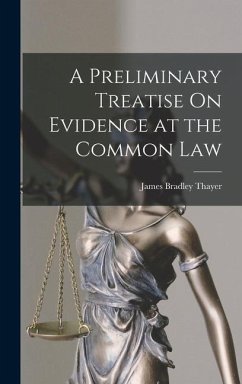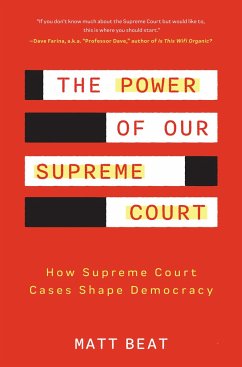
The Collective-Action Constitution
Versandkostenfrei!
Versandfertig in über 4 Wochen
45,99 €
inkl. MwSt.
Weitere Ausgaben:

PAYBACK Punkte
23 °P sammeln!
The Collective-Action Constitution discusses how the U.S. Constitution is based on the principles of collective action among states, and how this understanding can provide guidance on addressing the sobering problems facing America today.










![The Law of Bills of Exchange and Promissory Notes [microform]: Being an Annotation of Cover The Law of Bills of Exchange and Promissory Notes [microform]: Being an Annotation of](https://bilder.buecher.de/produkte/65/65640/65640707n.jpg)


